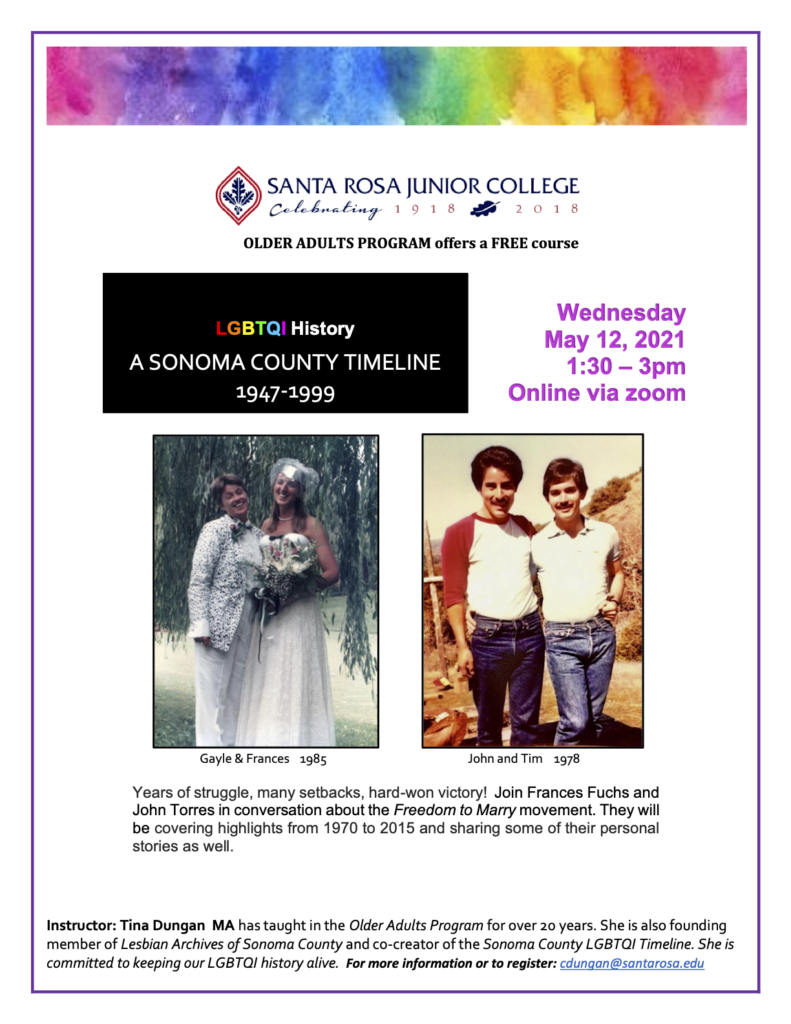Reversing Trump, US restores transgender health protections
The U.S. will protect gay and transgender people against sex discrimination in health care, the Biden administration announced Monday, reversing a Trump-era policy that sought to narrow the scope of legal rights in sensitive situations involving medical care.
The action by the Department of Health and Human Services affirms that federal laws forbidding sex discrimination in health care also protect gay and transgender people. The Trump administration had defined “sex” to mean gender assigned at birth, thereby excluding transgender people from the law’s umbrella of protection.
“Fear of discrimination can lead individuals to forgo care, which can have serious negative health consequences,” said HHS Secretary Xavier Becerra. “Everyone — including LGBTQ people — should be able to access health care, free from discrimination or interference, period.”
It marked the latest step by President Joe Biden to advance the rights of gay and transgender people across society, from military service, to housing, to employment opportunities.
Becerra said in a statement the policy shift will bring HHS into line with a landmark 6-3 Supreme Court decision last year in a workplace discrimination case, which established that federal laws against sex discrimination on the job also protect gay and transgender people.
Despite that ruling, the Trump administration proceeded to try to narrow the legal protections against health care discrimination, issuing rules that narrowly defined “sex” as biological gender. A federal judge had blocked those rules from taking effect, although Trump administration officials argued that as a legal matter health care discrimination was a separate issue from the employment case the Supreme Court decided.
Monday’s action means that the HHS Office for Civil Rights will again investigate complaints of sex discrimination on the basis of sexual orientation and gender identity. Hospitals, clinics and other medical providers can face government sanctions for violations of the law.
The Biden administration action essentially restores the policy established during the Obama years. The Affordable Care Act included a prohibition on sex discrimination in health care but did not include the term “gender identity.” The Obama administration interpreted the law as shielding gay and transgender people as well. It relied on a broad understanding of sex shaped by a person’s inner sense of being male, female, neither or a combination.
Behind the dispute over rights for transgender people in particular is a medically recognized condition called “gender dysphoria” — discomfort or distress caused by a discrepancy between the gender that a person identifies as and the gender assigned at birth. Consequences can include severe depression. Treatment can range from gender confirmation surgery and hormones to people changing their outward appearance by adopting a different hairstyle or clothing.
Under the Obama-era rule, a hospital could be required to perform gender-transition procedures such as hysterectomies if the facility provided that kind of treatment for other medical conditions.
LGBTQ groups say explicit protections are needed for people seeking gender transition treatment, and even for transgender people who need care for illnesses such as diabetes or heart problems.
More than 1.5 million Americans identify as transgender, according to the Williams Institute, a think tank focusing on LGBT policy at the UCLA School of Law. A bigger number — 4.5% of the population— identify as lesbian, gay, bisexual or transgender, according to Gallup.
Professional groups like the American Medical Association, along with civil rights organizations, have supported health care protections for gay and transgender people, while social and religious conservatives sought to narrow their scope.
HHS is a traditional battleground for conflicts over social issues. During the Trump administration the department clearly bent to the will of conservatives. Other Trump policies applauded by the right restricted abortion referrals and broadened employers’ ability to opt out of providing birth control to women workers covered by their health plans. Under Biden, the policy pendulum has been swinging back in the opposite direction, as officials unwind actions taken in the Trump years.
One of Biden’s first steps after taking office was a Jan. 20 executive order on combating discrimination on the basis of gender identity or sexual orientation. The new president directed every executive branch agency to examine what it could do to combat such discrimination.
Biden quickly followed that up with another order reversing a Trump-era Pentagon policy that largely barred transgender individuals from serving in the military.
And earlier this spring, the Department of Housing and Urban Development withdrew a Trump policy that would have allowed taxpayer-funded homeless shelters to deny access to transgender people.
At HHS, Biden’s term has seen the Senate confirmation of Dr. Rachel Levine to be assistant secretary for health, a senior position that involves oversight of public health initiatives, HIV/AIDS, women’s health and minority health, as well as other areas including research protections. Levine, formerly Pennsylvania’s top health official, is the first openly transgender person to be confirmed by the Senate.
